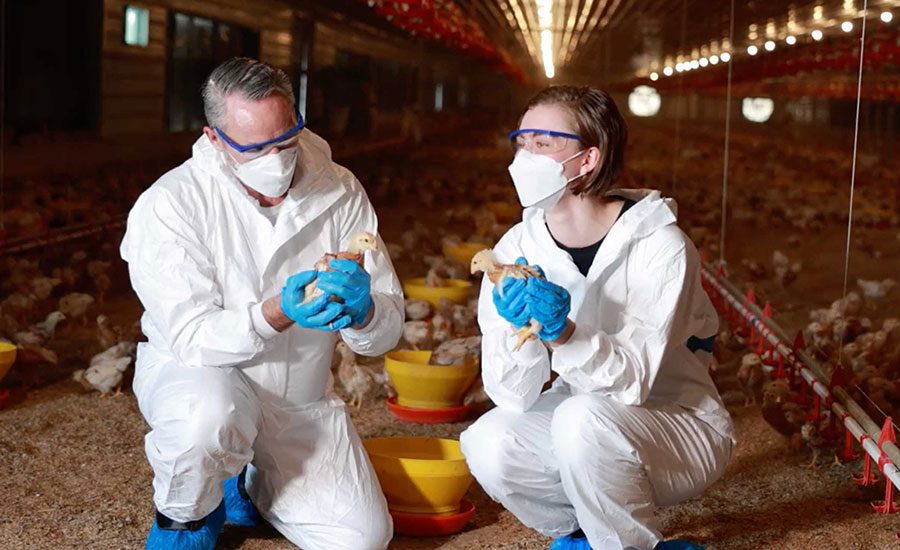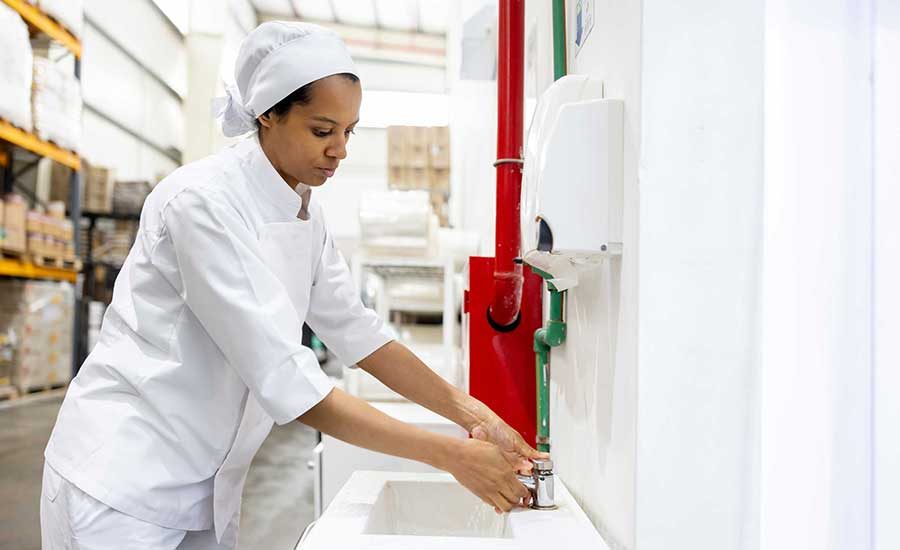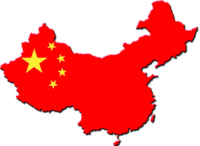China has promised to punish the production and sale of unsafe food products more harshly to combat increasingly severe food scandals. The Supreme People’s Court (SPC) and the Supreme People’s Procuratorate have issued interpretations that specify crimes related to food safety and set standards for the punishment for these crimes, court spokesman Sun Jungong remarked.
The explanations are believed to form a more rigorous system to punish crimes that threaten food safety, he said.
“The food safety situation is still very grave, because the number of crimes undermining food safety has been climbing with notorious cases related to food safety occurring now and then,” he said, citing particular cases involving the use of chemicals while processing meat products and the production of toxic bean sprouts.
Food safety scandals in China have emerged one after another in recent years.
In the melamine-tainted infant formula scandal in 2008, at least six children died and 300,000 fell ill. Pork adulterated with clenbuterol, cooking oil recycled from leftovers in restaurant kitchens, pork from diseased pigs and toxic gelatin for medicine capsule production have all been found by police in recent years, with the latest case involving making fake mutton and beef from rat, fox and mink by adding chemicals.
These crimes have severely harmed public health, economic order and society, Sun added.
Some 2,088 people were punished between 2010 and 2012 in 1,533 food safety cases. The number of such cases grew exponentially in the 3 years.
The number of poisonous food cases tried by Chinese courts rose from 80 in 2010 to 861 in 2012, Sun said.
According to Chinese criminal law, there are two basic charges of undermining food safety. The first is producing and selling food that cannot meet the safety standard, and the second is producing and selling poisonous and harmful food. But the charges should meet the important conditions of “enough to cause serious food poisoning and other foodborne diseases.”
Miao Youshui, a criminal judge of the SPC, said due to different understandings of the important conditions, this clause is not often used in practice. For this reason, the judicial interpretations list five major dangerous situations, including containing pathogenic microforms, pesticide residues, heavy metals and other substances that significantly surpass the requirements of standards. It also includes animals and their meat that die from diseases or unknown causes, and do not qualify in inspection and quarantine; and food for infants that their nutrition seriously cannot meet the requirements of food safety standards, among others.
Producing and selling health care products with illegal additives, such as Viagra in men’s health food, will be charged with the crime of producing and selling poisonous and harmful food.
In the meantime, the SPC issued a judicial interpretation on dereliction of duty in food safety supervision, one of the major reasons for the increase of food-related crimes, said Sun.
The judicial interpretation makes it clear that dereliction of duty in food safety supervision should be charged with the crime of dereliction of duty in food safety supervision, instead of the lighter offenses of either abuse of power or only dereliction of duty.
China Pledges Harsh Punishment for Violations of Food Safety
Looking for a reprint of this article?
From high-res PDFs to custom plaques, order your copy today!





